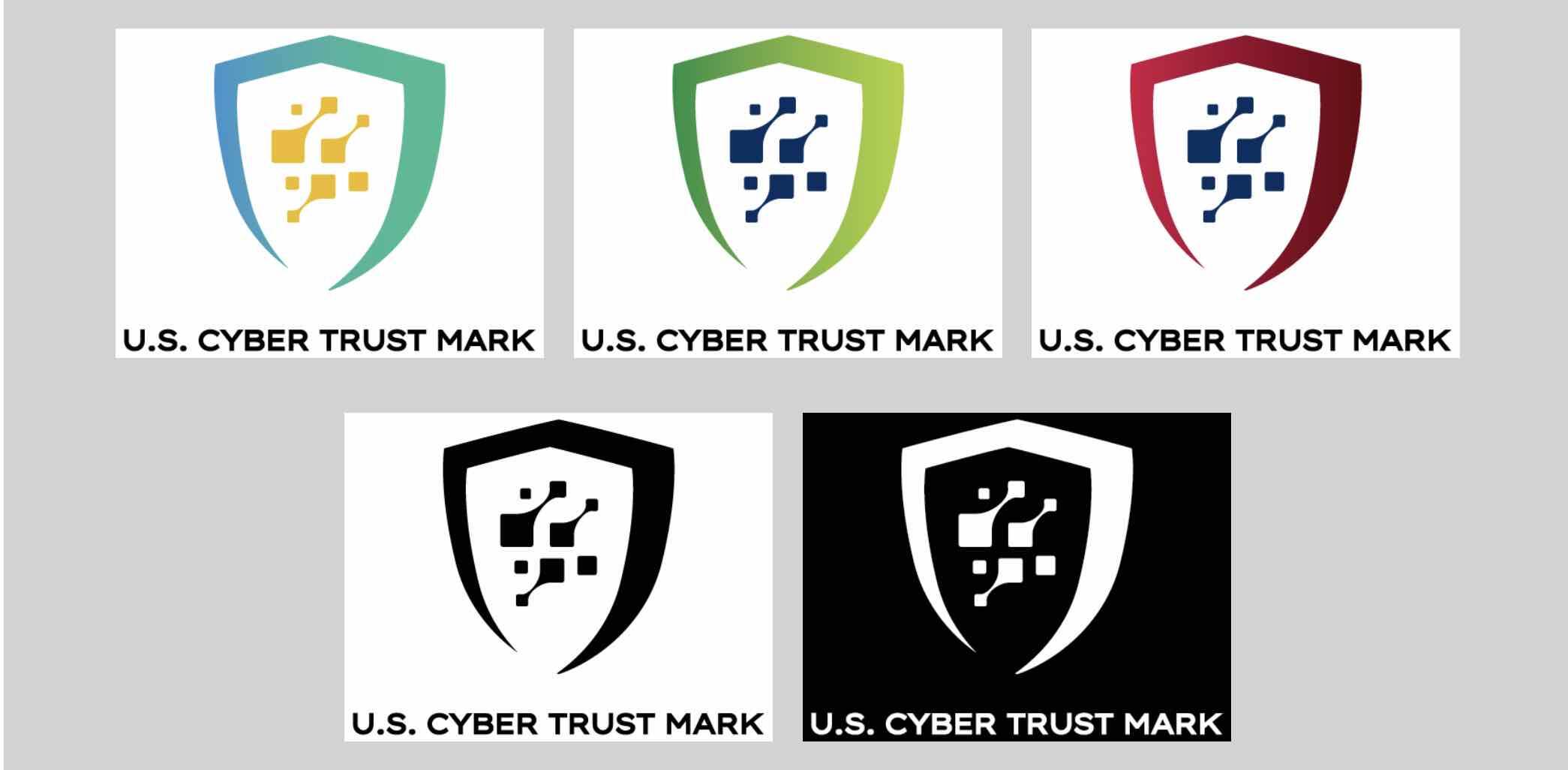BOOK THIS SPACE FOR AD
ARTICLE ADA Russian national accused of operating online services designed to help malware evade detection by security products was convicted this week in the United States.
Oleg Koshkin, 41, a Russian national who had been living in Estonia, allegedly ran websites such as Crypt4U.com and fud.bz, so-called crypting services which malware developers could use to encrypt their creations in order to increase their chances of remaining undetected by anti-malware software.
The services were used for various types of malware, including ransomware, RATs, keyloggers, information stealers, and cryptocurrency miners.
According to the U.S. Justice Department, Koshkin developed a system that enabled the operator of the notorious Kelihos botnet — Russian national Peter Levashov — to create many variants of the malware to help it evade detection.
Kelihos was at one point one of the biggest botnets, but it was taken down in 2017, when Levashov was arrested in Spain. Levashov pleaded guilty in 2018, after he was extradited to the United States. He is scheduled for sentencing on July 20, 2021.
Koshkin this week was found guilty of one count of conspiracy to commit computer fraud and abuse and one count of aiding and abetting computer fraud and abuse. He faces up to 15 years in prison, with sentencing scheduled for September 20, 2021. The man was arrested in California in 2019 and he has been detained since then.
Pavel Tsurkan, who had also been living in Estonia, has been accused of helping Koshkin. He was extradited to the U.S. in March 2021 and he has been released on bail.
The Associated Press reported that Tsurkan pleaded guilty on Wednesday to aiding and abetting unauthorized access to a protected computer.
Related: Alleged Malware Service Operators Arrested in UK
Related: Two Romanians Arrested for Running Malware Encryption Services

Eduard Kovacs (@EduardKovacs) is a contributing editor at SecurityWeek. He worked as a high school IT teacher for two years before starting a career in journalism as Softpedia’s security news reporter. Eduard holds a bachelor’s degree in industrial informatics and a master’s degree in computer techniques applied in electrical engineering.
Previous Columns by Eduard Kovacs:
.png)















 Bengali (Bangladesh) ·
Bengali (Bangladesh) ·  English (United States) ·
English (United States) ·